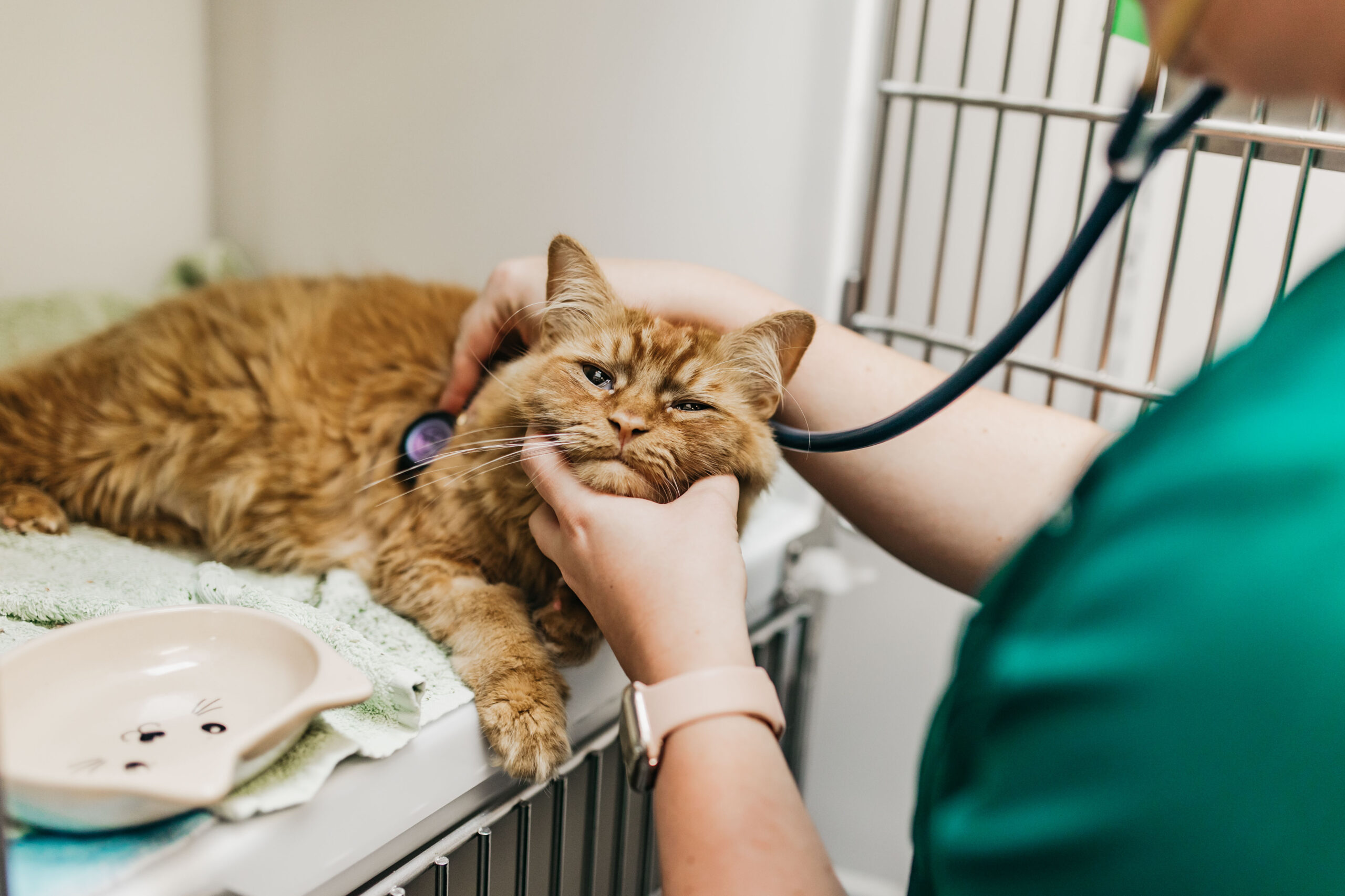As a pet owner, you want the best for your furry friend. This includes ensuring they have access to quality healthcare when they need it. But, paying out of pocket when you’re potentially not expecting it can be a significant financial burden. This is where pet health plans and pet insurance come into play. While both options can help manage veterinary expenses, they are not the same thing. Understanding the difference between them can help you make an informed decision about what’s best for your pet.
Understanding Pet Health Plans
Pet health plans are essentially wellness plans that cover routine healthcare for your pets. Our pet health plans include:
- Annual core vaccinations
- Microchipping
- Flea, tick and worming treatments
- 6 x nurse consultations annually
- 10% discount on neutering
- 10% discount on HPM lifestage food
- 10% discount on dental procedures
- Plus flystrike prevention for rabbits
Designed with your pets in mind, our plans allow you to spread the cost of all your pet’s preventative healthcare needs across the year via manageable monthly payments. With discounts added in, it’s better for your pet and your pocket.
Peace of mind for you, and protection for your pet – it’s something we all want!
Benefits of Pet Health Plans
One of the main benefits of our pet health plans is that they help spread out the cost of routine care over time rather than having to pay all at once. This makes budgeting for your pet’s healthcare much easier.
Moreover, because these plans emphasise preventative care, they can potentially save you money in the long run by catching and addressing minor issues before they escalate into major ones requiring extensive treatment or surgery.
You can find out more about our pet health plans here.
Understanding Pet Insurance
On the other hand, pet insurance is designed to cover unexpected illnesses or injuries that are not part of routine care. These could include things like surgeries, diagnostic tests, medications, hospital stays and treatments for chronic conditions.
Unlike human health insurance which usually involves co-pays and deductibles, most pet insurance policies operate on a reimbursement model. This means you pay the vet bill upfront and then submit a claim to the insurance company for reimbursement.
Benefits of Pet Insurance
The primary benefit of pet insurance is that it can provide financial protection against high-cost, unexpected health issues. It can be particularly beneficial for pets with chronic conditions that require ongoing treatment or for breeds prone to certain genetic conditions.
Pet insurance can also offer peace of mind knowing that you won’t have to choose between your pet’s health and your financial stability in case of a major health event.
Choosing Between Pet Health Plans and Pet Insurance
If you’re able to, we recommend using both, rather than making a choice between the two: using a health plan for routine healthcare and having insurance as a safety net for unexpected expenses. Ultimately, the decision should be based on what will provide the best care for your pet within your budget.
Both pet health plans and pet insurance can play an important role in managing veterinary costs while ensuring your beloved pets get the care they need. By understanding the differences, you can make an informed decision that best suits your needs and those of your four-legged family members. Investing in either or both is not just about cost savings, but also about maintaining the overall wellbeing of your pets.


